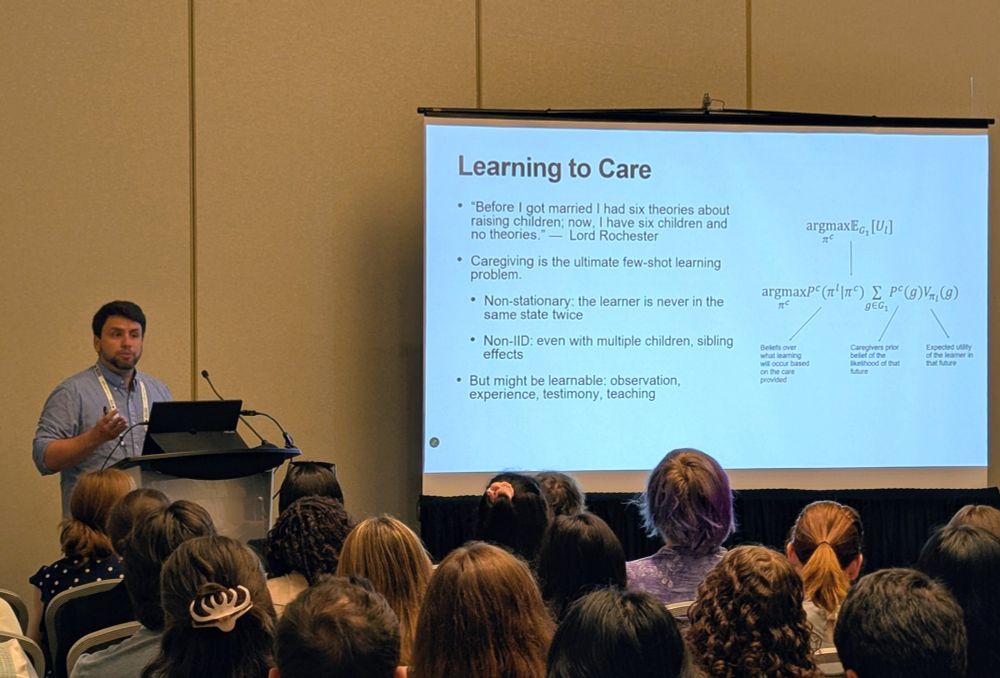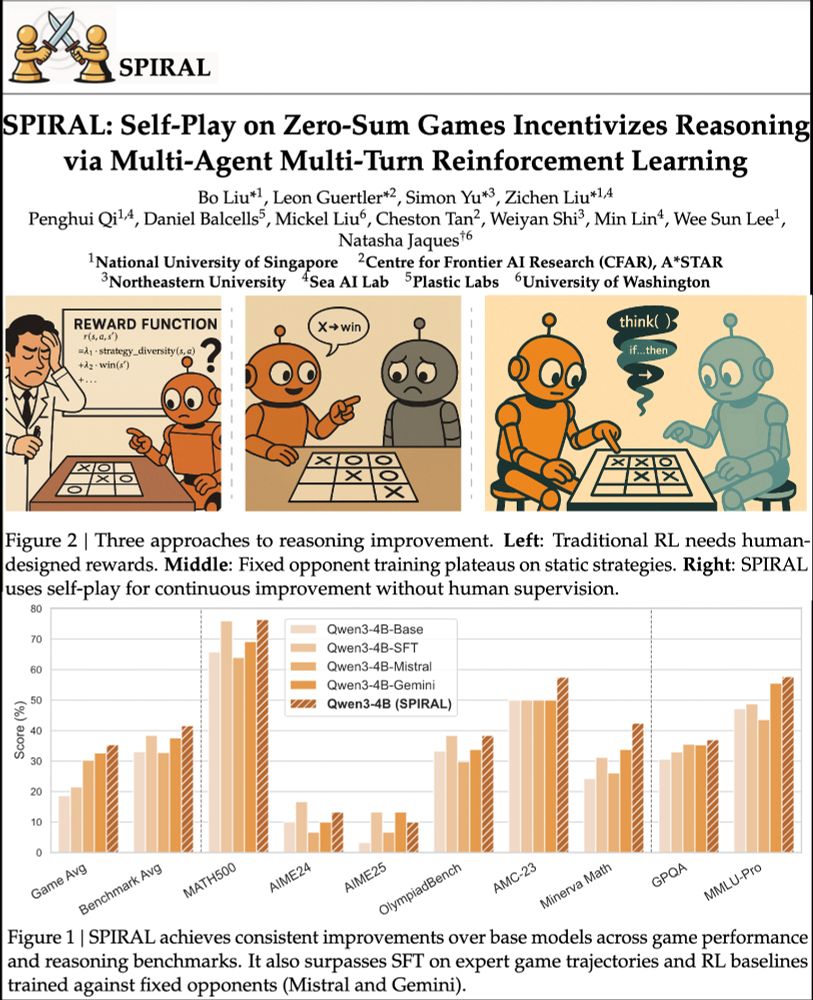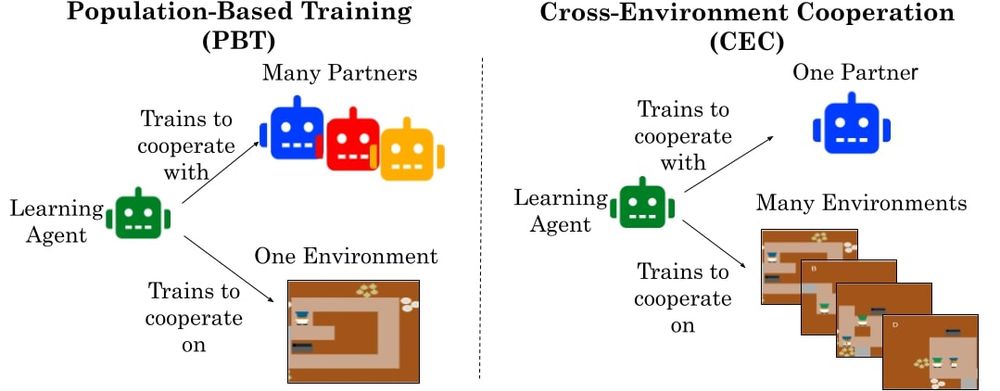Natasha Jaques
@natashajaques.bsky.social
4.2K followers
280 following
52 posts
Assistant Professor at UW and Staff Research Scientist at Google DeepMind. Social Reinforcement Learning in multi-agent and human-AI interactions. PhD from MIT. Check out https://socialrl.cs.washington.edu/ and https://natashajaques.ai/.
Posts
Media
Videos
Starter Packs
Natasha Jaques
@natashajaques.bsky.social
· Jun 12
Reposted by Natasha Jaques
Natasha Jaques
@natashajaques.bsky.social
· Jun 12
Natasha Jaques
@natashajaques.bsky.social
· Jun 12
Reposted by Natasha Jaques
Natasha Jaques
@natashajaques.bsky.social
· Apr 19
Reposted by Natasha Jaques
Natasha Jaques
@natashajaques.bsky.social
· Mar 28
Reposted by Natasha Jaques
Sharon
@sharonk.bsky.social
· Mar 12
Natasha Jaques
@natashajaques.bsky.social
· Feb 16
Reposted by Natasha Jaques
Natasha Jaques
@natashajaques.bsky.social
· Feb 13
Natasha Jaques
@natashajaques.bsky.social
· Feb 13
Natasha Jaques
@natashajaques.bsky.social
· Feb 13







